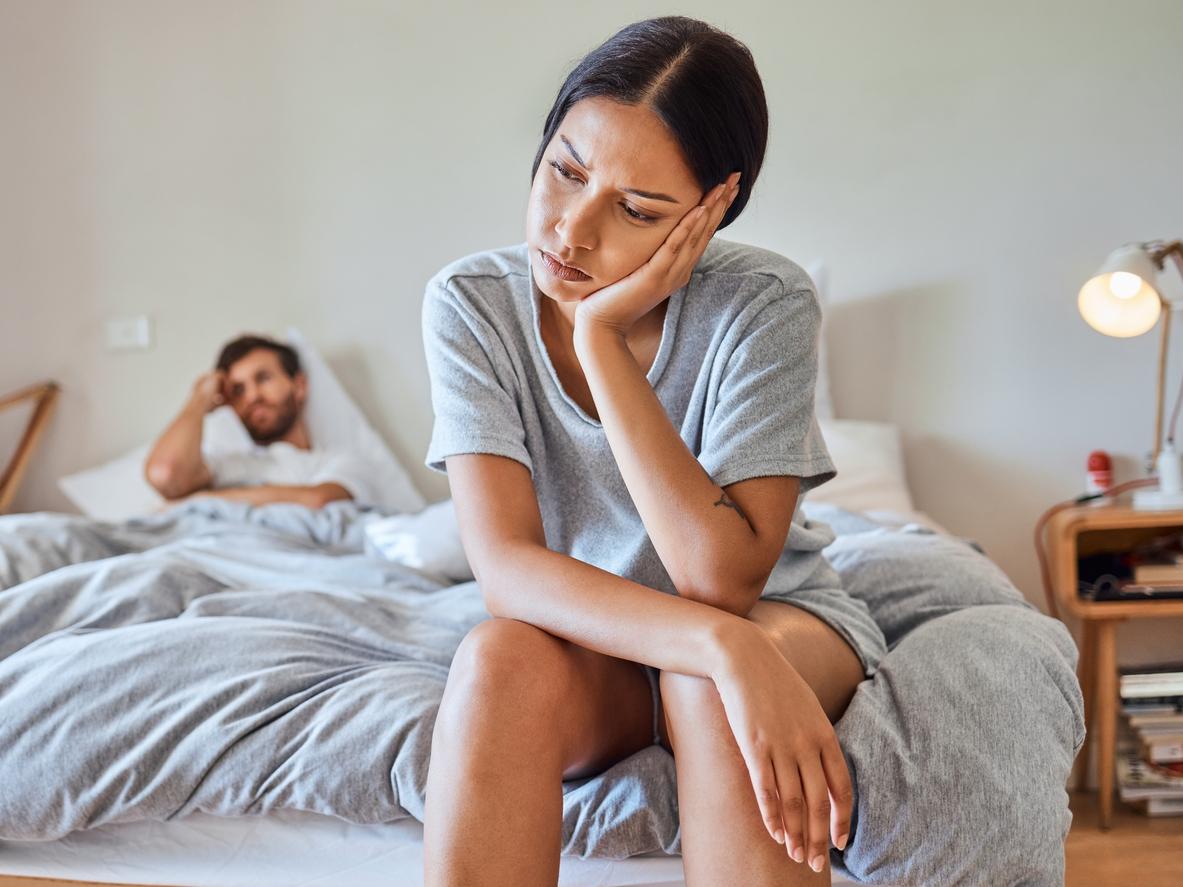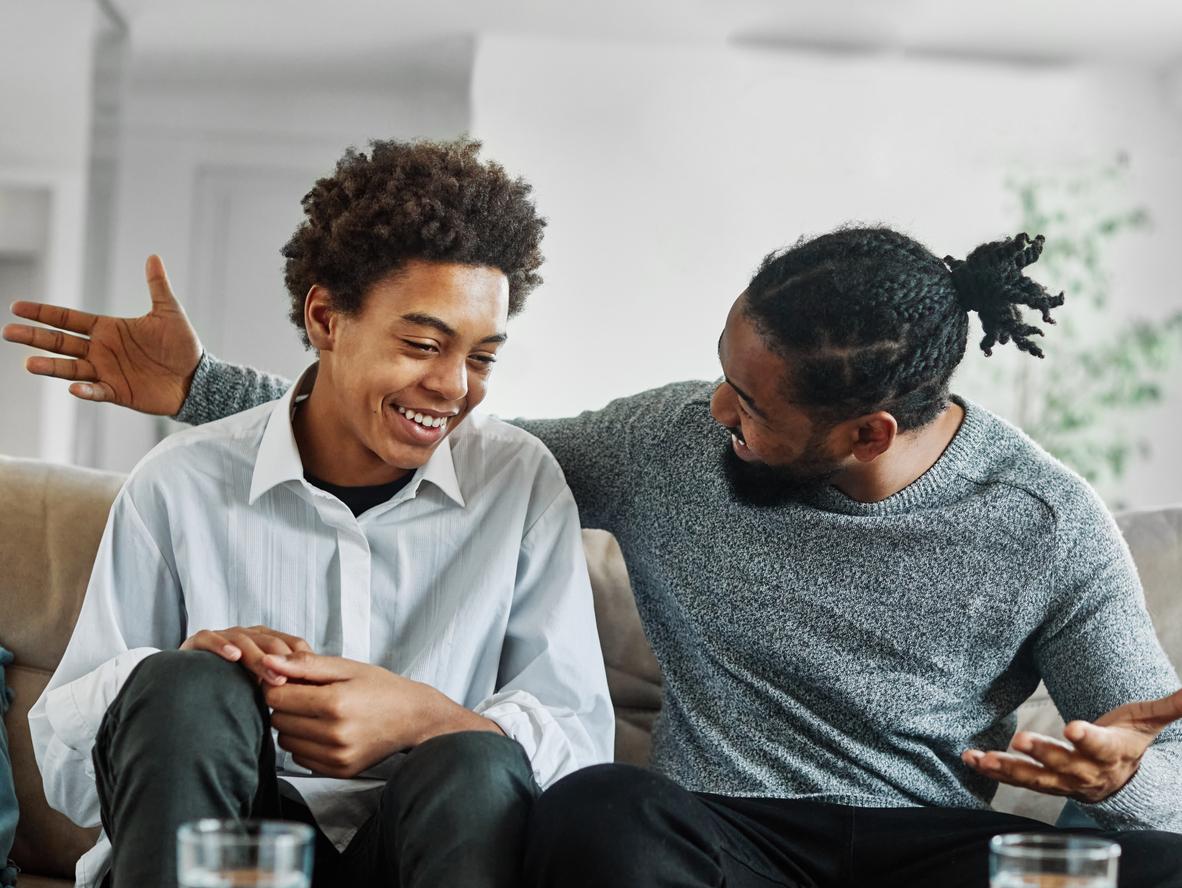According to a new study by Public Health France, 8% of adolescent girls have already been confronted with forced intercourse or attempted forced intercourse.

The data of the last Health barometer reveal that 10.7% of women gave in to their partner’s expectations during their first intercourse, compared to 6.9% of men. Among 15-17 year olds, 8% of young women have already been confronted with forced sex or attempted forced sex. To lower these figures, Santé Publique France launched the “OK, not OK” communication campaign.
First intercourse at age 17
The median age of onset of sexuality has stabilized over the past ten years. It is 17.6 years for girls and 17 for boys. These reports are protected in more than 85% of cases by the use of a condom. Young girls are more often initiated with an older partner who is at least two years old (half of them against a fifth of men) and who has already had sexual intercourse. They are also less likely than men to begin their sexual life before the age of 15 (6.9% vs. 16.5%). The so-called late initiations, from the age of 19, concern 33.2% of women and 23.1% of men.
While the vast majority of young people say they wanted this first intercourse “at that time”, women are slightly less numerous than men in this case (87.6% vs. 92.8%). Thus, 10.7% of them declare having yielded to their partner’s expectations, and 1.7% having been forced.
This new study also shows that sexual violence is increasingly reported, especially by women. Among 15-17 year olds, 8% of young women have already been confronted with forced sex or attempted forced sex, compared to 1% of young men.
Testimonials
The agency’s campaign is based on a series of podcasts produced by Delphine Dhilly in which four young girls and a boy talk about their experience. The various situations, experienced positively or negatively, all illustrate the issue of consent. Each podcast ends with a message recalling the importance of talking and listening to each other.
“This format was chosen because we know that adolescents are extremely receptive to testimonials from their peers. These stories will allow them to exercise their critical thinking, to understand the issues related to consent and to adopt the right reflexes”, explains Lucile Bluzat, expert in social marketing, sexual health unit at Public Health France. The podcasts will be available on the site Onsexpress.fr under the heading “Rights & Gender”.
.

















